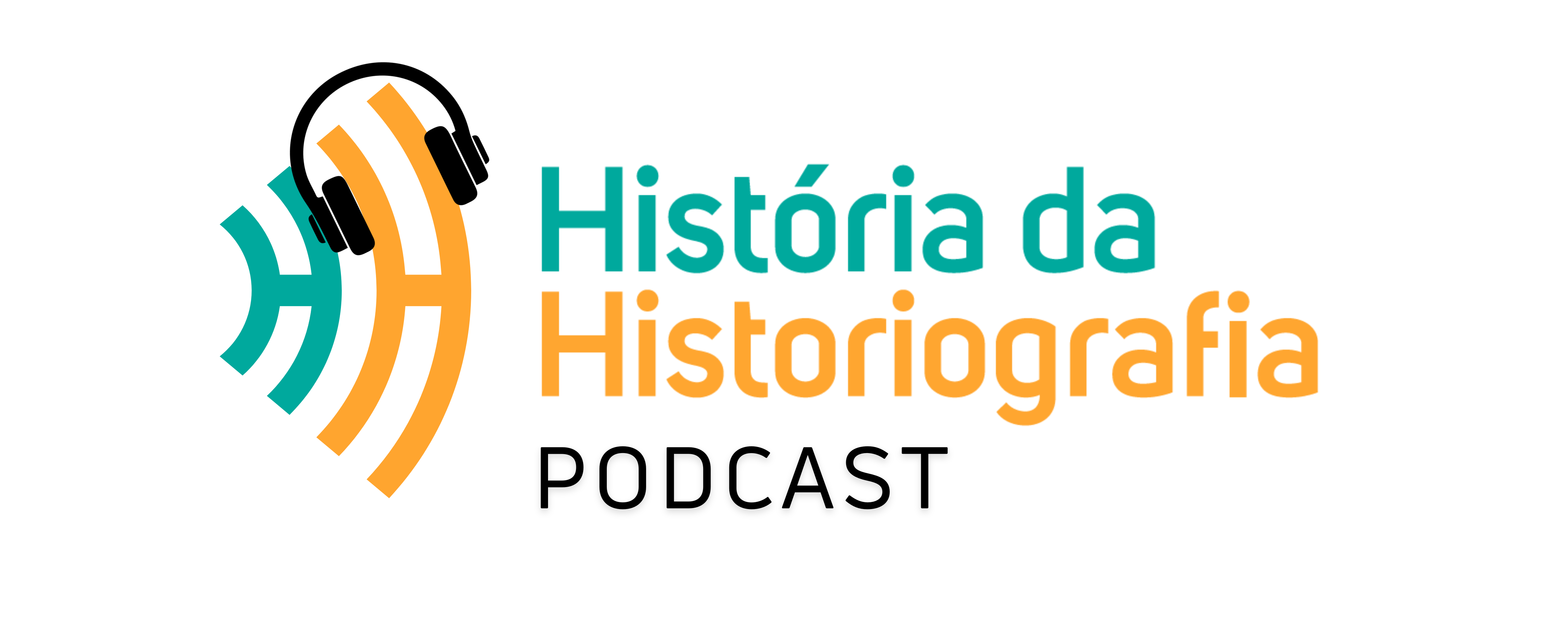Carolingian History and the Historians’ Metanarrative
DOI:
https://doi.org/10.15848/hh.v0i26.1112Palavras-chave:
Construtivismo, Contingência, Cultura históricaResumo
The essence of historian’s craft or his or her ability to construct narratives where only bits of information had reached him or her by way of written or oral tradition is one of the main problems of investigation in the discipline of history. Historians of the Carolingian age present a particularly difficult task for researchers because their work joined in one narrative both their own attitudes and judgments and the attempts to construct a pro-Carolingian, universal and thus non-partisan historical outlook. Looking to the past, Carolingian historians balanced on the verge between providing a contemporary account of recent events, the narrative being shaped in favor of ruling kings, their patrons, and the need to look deeper into the past in search of forces that underlay the Carolingian success. The historical picture we use today was constructed by contemporary historians and it could not have been produced by relying only on documents. It was not a “fabrication” in the negative sense of the term, but a “construction” in the positive meaning. Thus, key episodes of Charlemagne’s reign could not be understood without the Carolingian historians’ “authorial license”. Only the historical narrative construed a meaningful sequence of events that could be reproduced in the memory. But at the same time, once we approach these key events, we are left with historians’ interpretations rather than facts. Thus, the Carolingian period in the history of the Frankish kingdom, and particularly the reign of Charlemagne, can be seen as a constructed narrative, which cannot be perceived without looking at the context of its origin and the authors’ “creative” influence on the representation of the past.Downloads
Downloads
Publicado
Como Citar
Edição
Seção
Licença
Copyright (c) 2018 Dmitri Starostin

Este trabalho está licenciado sob uma licença Creative Commons Attribution 4.0 International License.
O envio de manuscrito para a revista garante aos seus autores a manutenção dos direitos autorais sobre o mesmo e autoriza que a revista realize a primeira publicação do texto. Os dados, conceitos e opiniões apresentados nos trabalhos, bem como a exatidão das referências documentais e bibliográficas, são de inteira responsabilidade dos autores.

Este obra está licenciada com uma Licença Creative Commons Atribuição 4.0 Internacional.


















